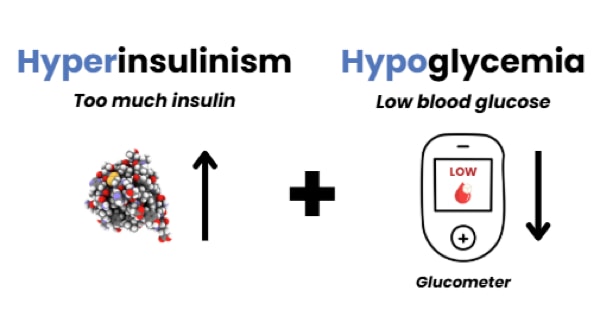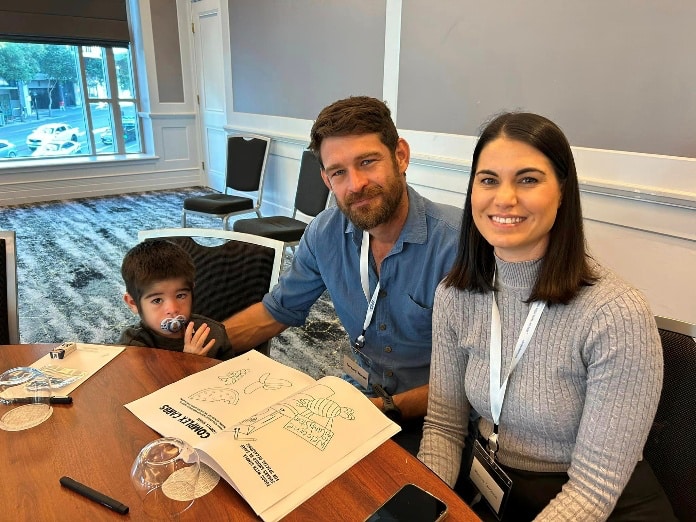Congenital hyperinsulinism (HI) is a rare condition, but it is the most frequent cause of severe, persistent low blood glucose (hypoglycemia) in newborns and children. In people with HI, the pancreas makes too much insulin, which causes hypoglycemia.

Hypoglycemia means that the amount of glucose (a sugar) in the blood is too low. This matters because glucose is the brain’s main source of energy, especially in babies and young children. The brain needs sugar so your baby can grow, develop, and thrive.

Babies need a steady supply of glucose to support healthy development which is why it is important to diagnose and treat HI early. With timely care, serious complications can often be prevented. After your baby is diagnosed, the goal of treatment will be to ensure your baby or child no longer experiences hypoglycemia in order to protect the developing brain.
On our webpage called Understanding the Condition you can find a very thorough explanation of HI, including information about the causes, genetics, and types of HI. There is also detailed information about the diagnosis, treatment, medications, and surgery associated with this condition. This is a lot of information, and you do not have to understand it all at once. We are here to guide you through it at your pace.



